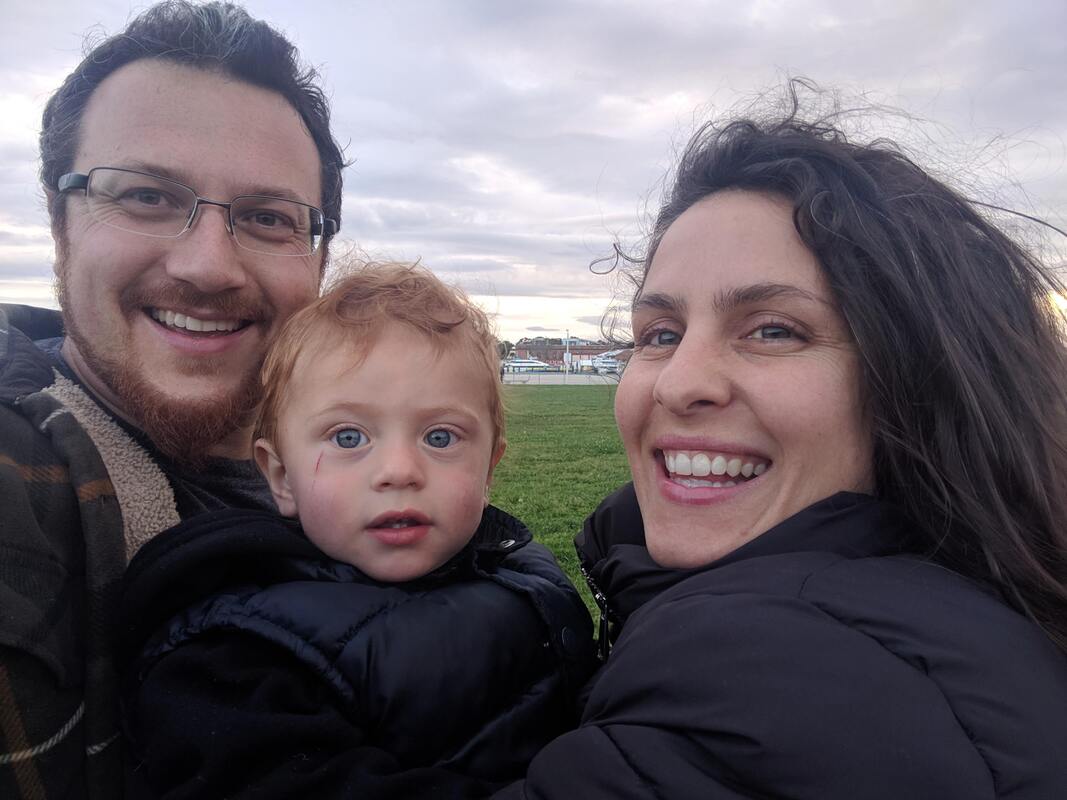|
Ralph Waldo Emerson once said, 'You become what you think about all day long.' Since our thoughts shape our reality, improving the quality of our life often starts with improving the quality of our thoughts. And that can be accomplished with reframing and reshaping the way we view ourselves and the world.
As of late, some of my thoughts have been in need of reframing. And it's amazing how quickly my experiences can change when I embark on the practice. I have written before about our hardwired negativity bias. As part of our evolutionary experience, remembering the negative contributed to our survival. But constant negative thinking (aka rumination) is damaging to our health. When we ruminate, we activate the stress response. And chronic activation of the stress response can suppress our immune system, increase our risk for heart disease and gastrointestinal complications, impair memory and cognition, and more. As I type we are all continuing to be affected by the COVID-19 pandemic. Half a million deaths worldwide, record breaking unemployment, and the grief we all feel around our unique losses. There is no way of sugarcoating it, times are tough. Amid these challenges we are being called upon to become resilient. Of the many practices that foster resilience, one is the ability to reframe and challenge our negative thoughts. When we are personally affected by life's difficulties, it can be hard to challenge our thoughts; we may find ourselves ruminating - and that is normal. Fortunately there are some ways we can overcome our negative thoughts. Here are a few tips: 1. Become aware of your thoughts An important step is in challenging our thoughts is to understand where they come from. More often than not, negative thoughts arise from our various cognitive distortions like polarized or black and white thinking, overgeneralization, catastrophizing, labeling, discounting the positive, etc. Becoming familiar with these common cognitive distortions enables us to challenge them and think more critically. We should also remember that thoughts are not facts and they are not permanent. They also don’t benefit from our judgment. Just notice the thought, let it be, and continue on. The more we practice this non-judgmental awareness, the easier it becomes and the more we can take our thoughts less seriously. 2. Come to your senses When caught up in the cycle of rumination, we tend to lose touch with what is actually happening in the present moment. Coming to our senses calms the mind and grounds us in the present moment. Something that helps me come to my senses is taking a moment to STOP: - Stop. Whatever you’re doing, just pause momentarily. - Take a breath. Re-connect with your breath. The breath is our anchor to the present moment. - Observe. Notice what is happening in your body. What do you see, feel, taste, small, hear? Notice any emotions you may be feeling and just name them. Research out of UCLA says that just naming our emotions can have a calming effect. - Proceed. Use this new awareness to inform how you proceed into your day. 3. Seek nature I recently wrote about the healing power of nature. An additional healing power of nature is its ability to reduce rumination and activity in a part of our brain that's linked with an increased risk for depression. Whether you simply head outside to sit on a bench under a tree or strap on your boots for a hike, spending time in nature enables us to detach from our monkey mind and experience awe, helping us realize how insignificant our thoughts and problems often are in the grand scheme of it all. 4. Take in the good Making a conscious effort to take in the good is a powerful way to challenge our negativity bias. Taking in the good can look like many things, such as practicing gratitude or recalling positive memories, perhaps a situation where we felt success, love, or joy. We can take in the good while engaging in activities that make us feel good, like listening to music, playing games, spending time with others, or creating art. Whatever good you take in, past or present, according to Dr. Rick Hanson, it’s important to take time (20-30 seconds) to really let these good experiences to sink in. 5. Set aside time for reflection and problem solving Negative thoughts don’t always arise due to cognitive distortions or a bad mood. Sometimes they are caused by real problems that we can address with problem solving. Set aside time for reflection and problem-solving, perhaps 15-20 minutes when you have some peace and privacy to consider what's bothering you and what you can do about it. Whether you are experiencing issues with your occupation, relationship, location, health, or education, there can be steps you can take today to make a positive change. 6. Practice self-compassion The truth is that all of us experience negative thinking to some degree. It’s a part of the human experience living with a complex brain. I wrote previously about the power of self-compassion and more research reveals its link to greater life satisfaction. Rather than wishing away our negative thoughts, let’s just become aware of them, at ease with them, and cultivate empathy knowing that others experience them too. This alone can help us feel less isolated. Reframing negative thoughts does not mean denying the difficulty of our current circumstances. There is transformative power in our suffering as it can push us to grow and improve our life along the way. As we deepen the awareness of our thoughts and emotions we engage our discomfort and build resilience, the ability to bounce back and adapt to life’s difficulties. May we all strive to reframe our negative thoughts and accept that this is a moment of suffering. May we accept that suffering is a part of life. May we offer ourselves the kindness and compassion that we need. In closing, I want to extend gratitude to my life partner for he is the one who reminded me of the power of reframing negative thought patterns this week. I am indebted to his perception, wisdom, and counsel.
1 Comment
|
AuthorHello and welcome! My name is Andrea Notch Mayzeles. I am a Certified Health Education Specialist, Mom, and Master of Public Health dedicated to the path of well-being. As a wellness professional I am committed to continued learning and am here to share research, recipes and musings on health, psychology, personal development, and parenting. I hope you enjoy! Categories
All
|


 RSS Feed
RSS Feed